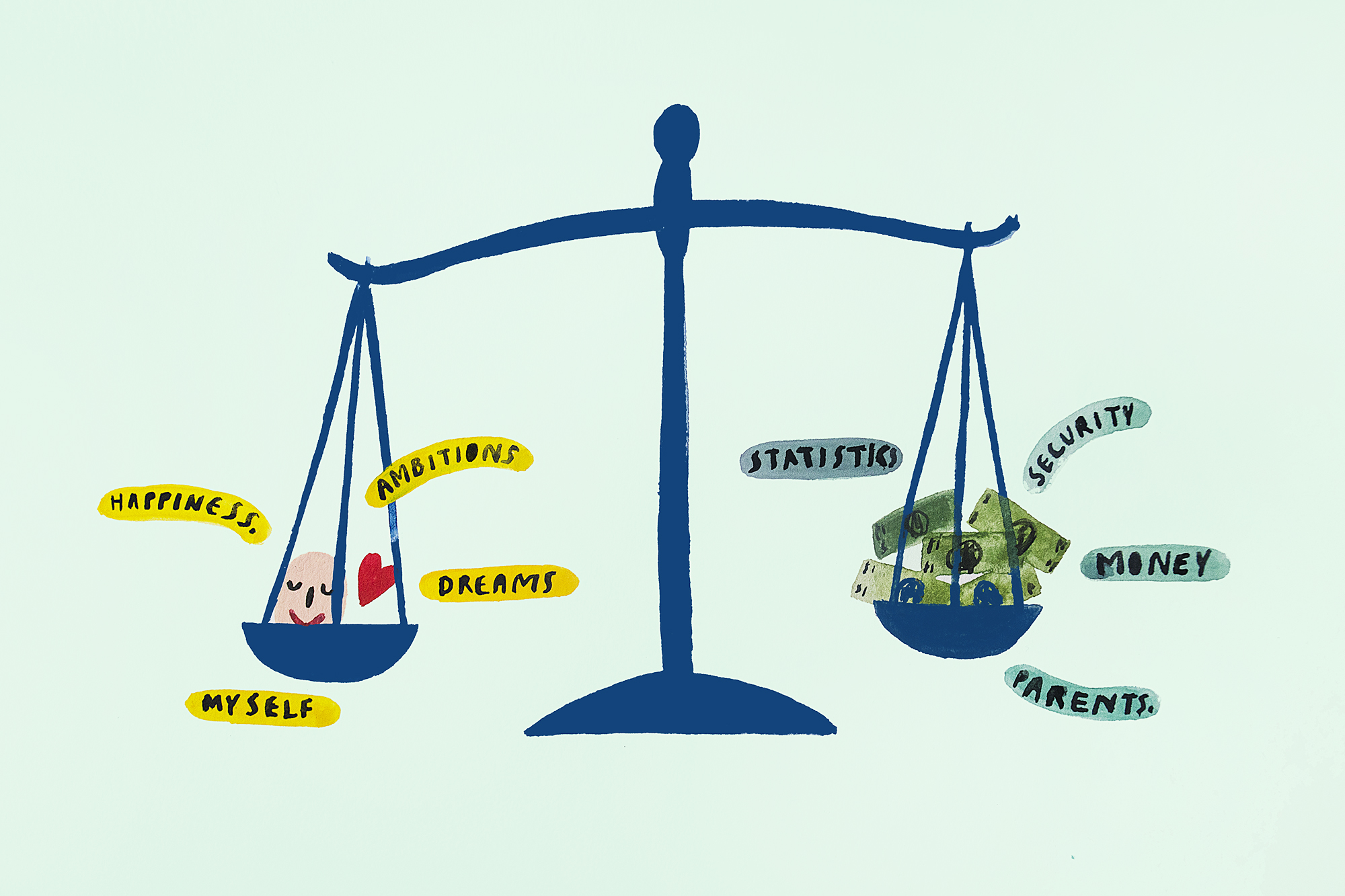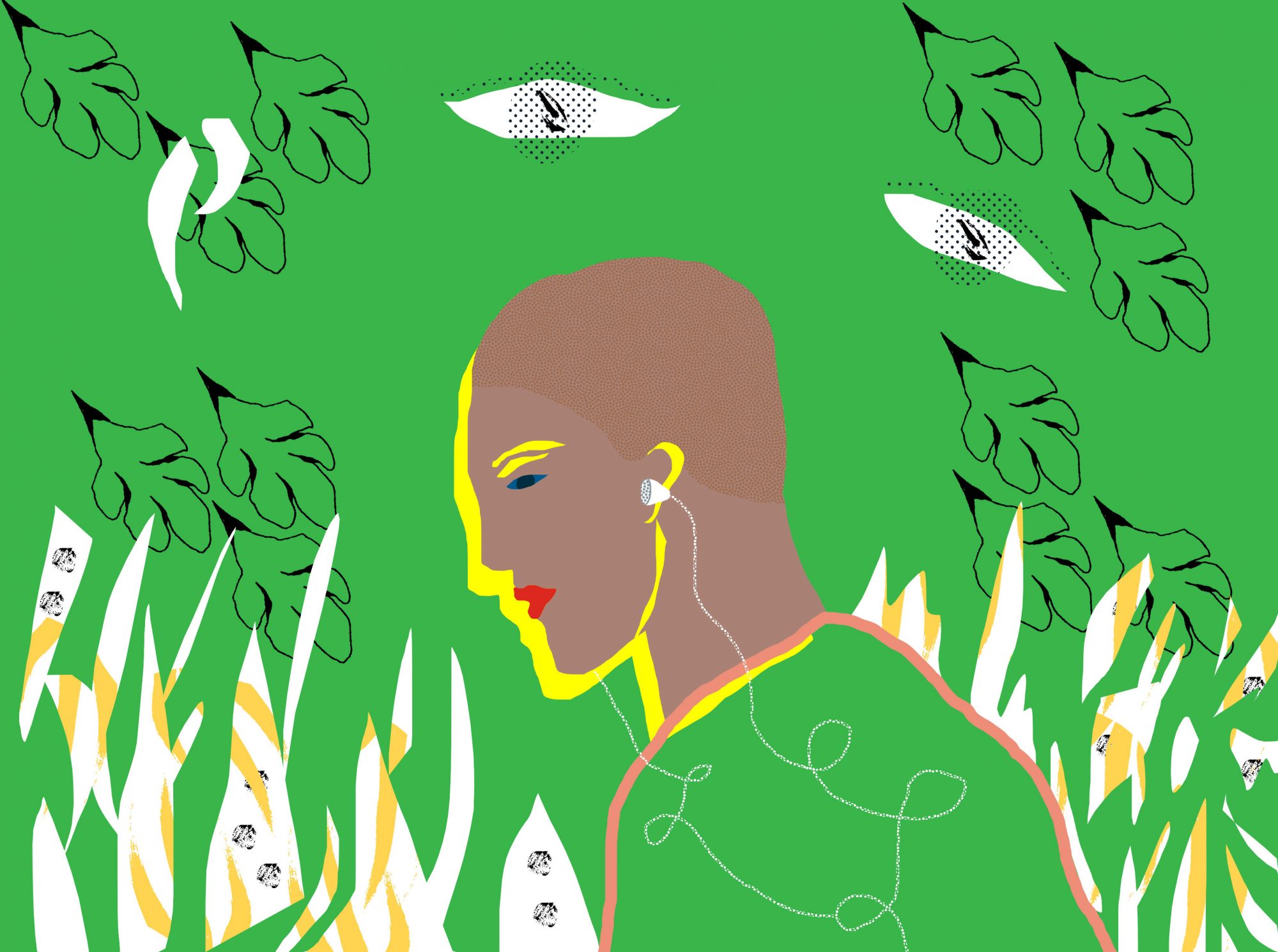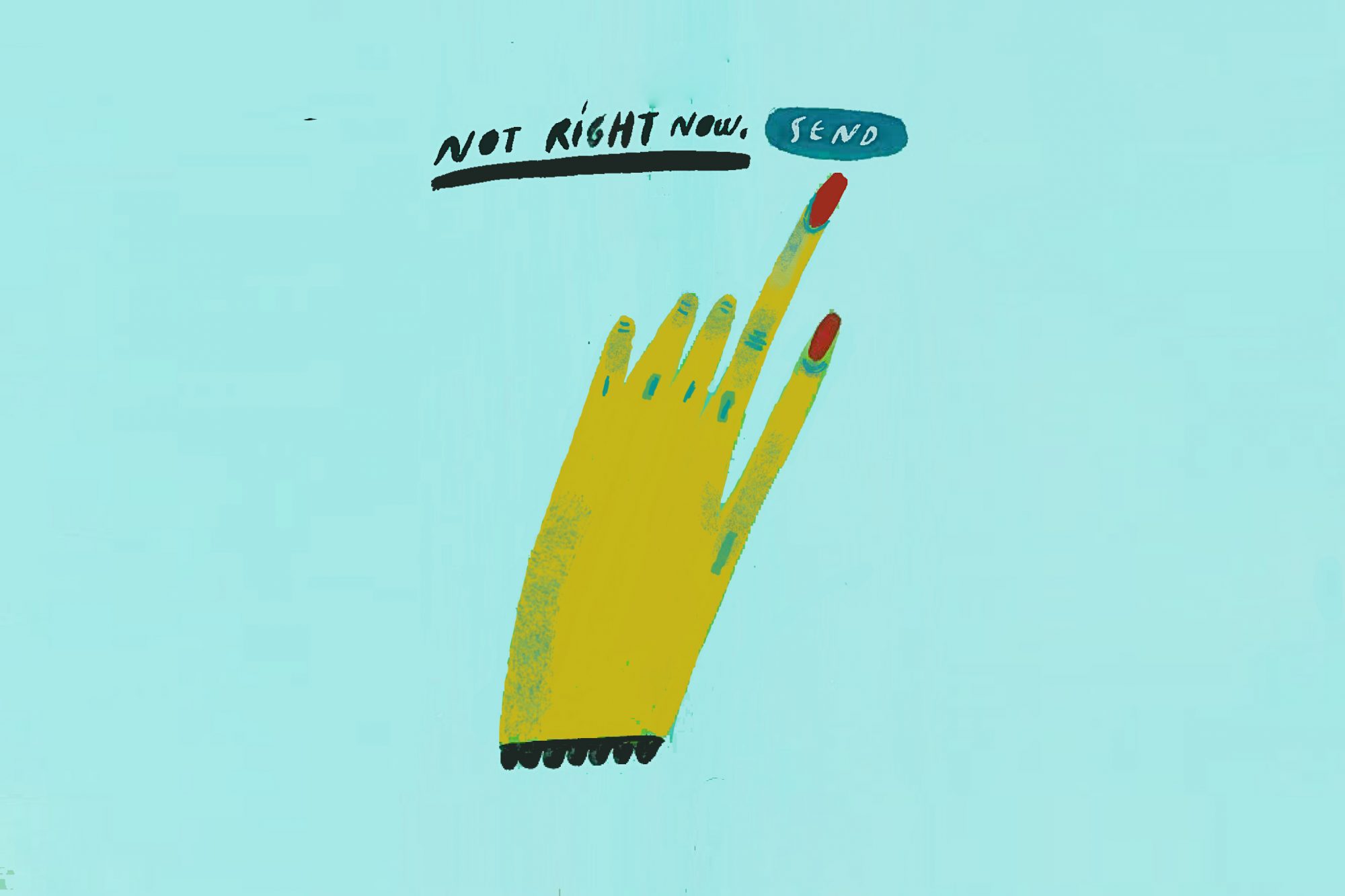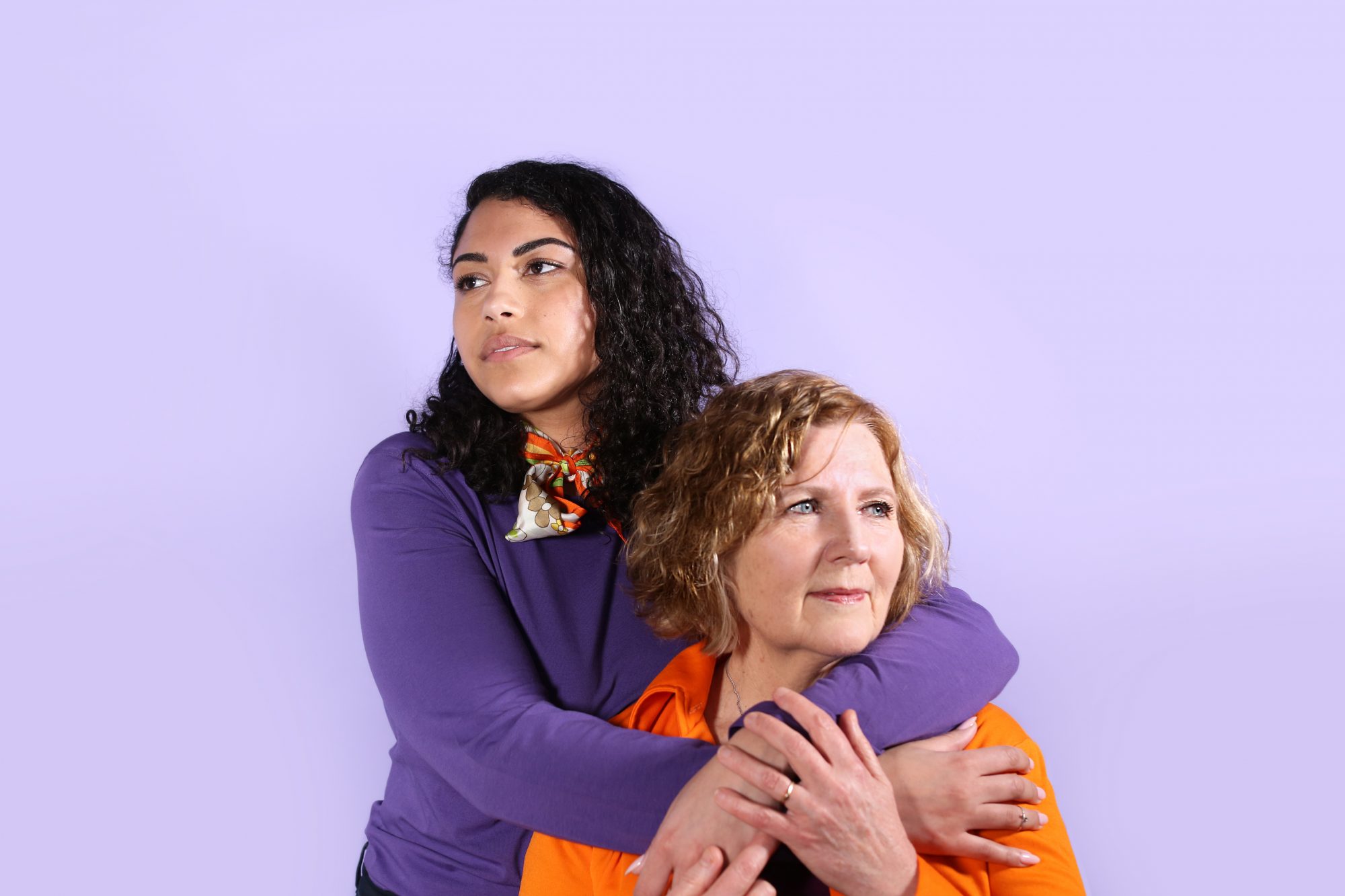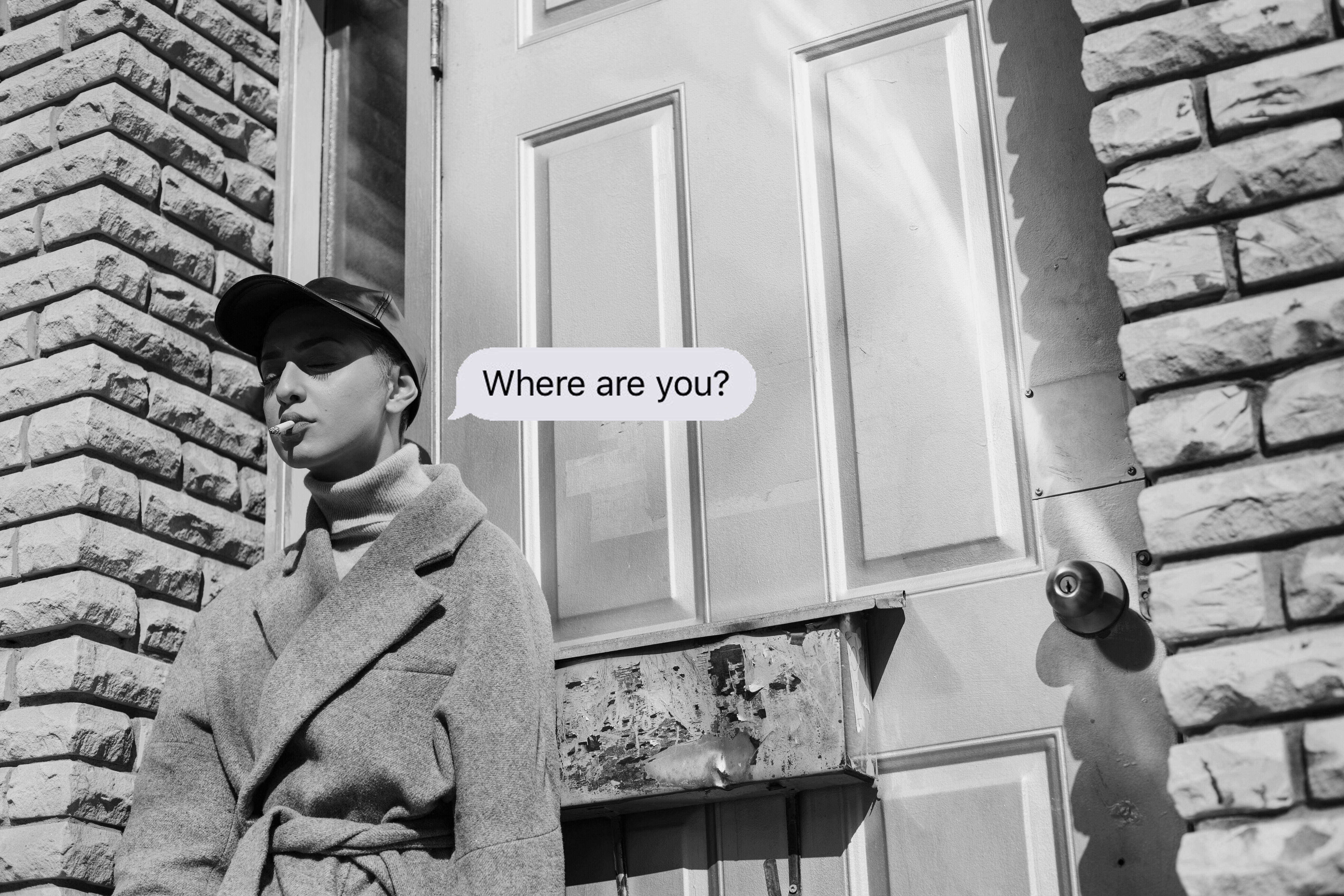culture
Should I Buy Pepper Spray?
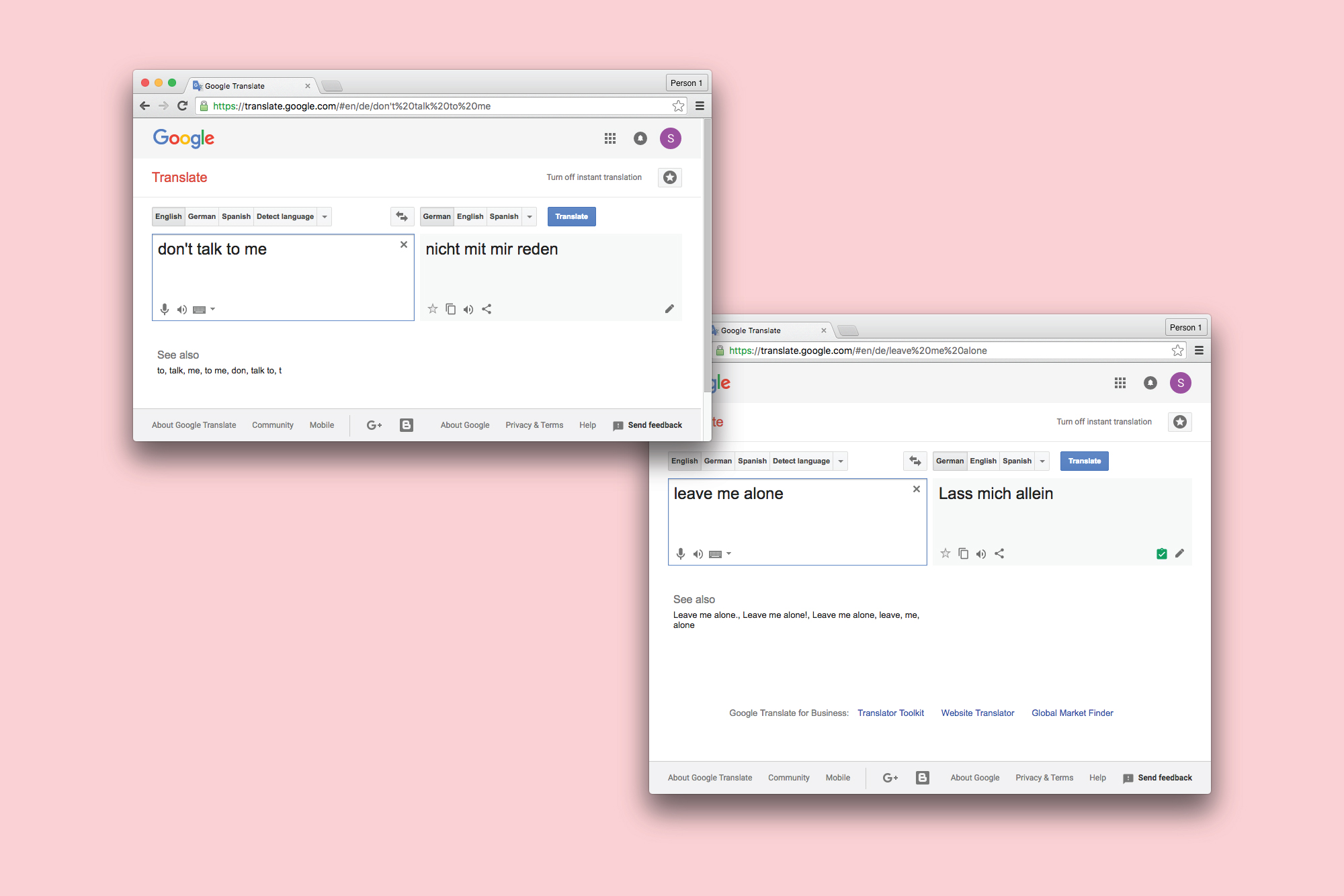
“Woher kommst du?” I get that a lot now. I moved to small-town Germany in Weimar almost three months ago with no German language skills to speak of, so I could complete a semester studying abroad at the Bauhaus University. Thanks to my three weeks of intensive German lessons, I now know that “woher kommst du?” means “where do you come from?” I can now complete a transaction to purchase a pretzel fairly successfully “ein brezel, danke schoen” and stammer out the sentence “ich spreche nur ein bisschen Deutsche,” like a deer in headlights when the conversation goes much further.
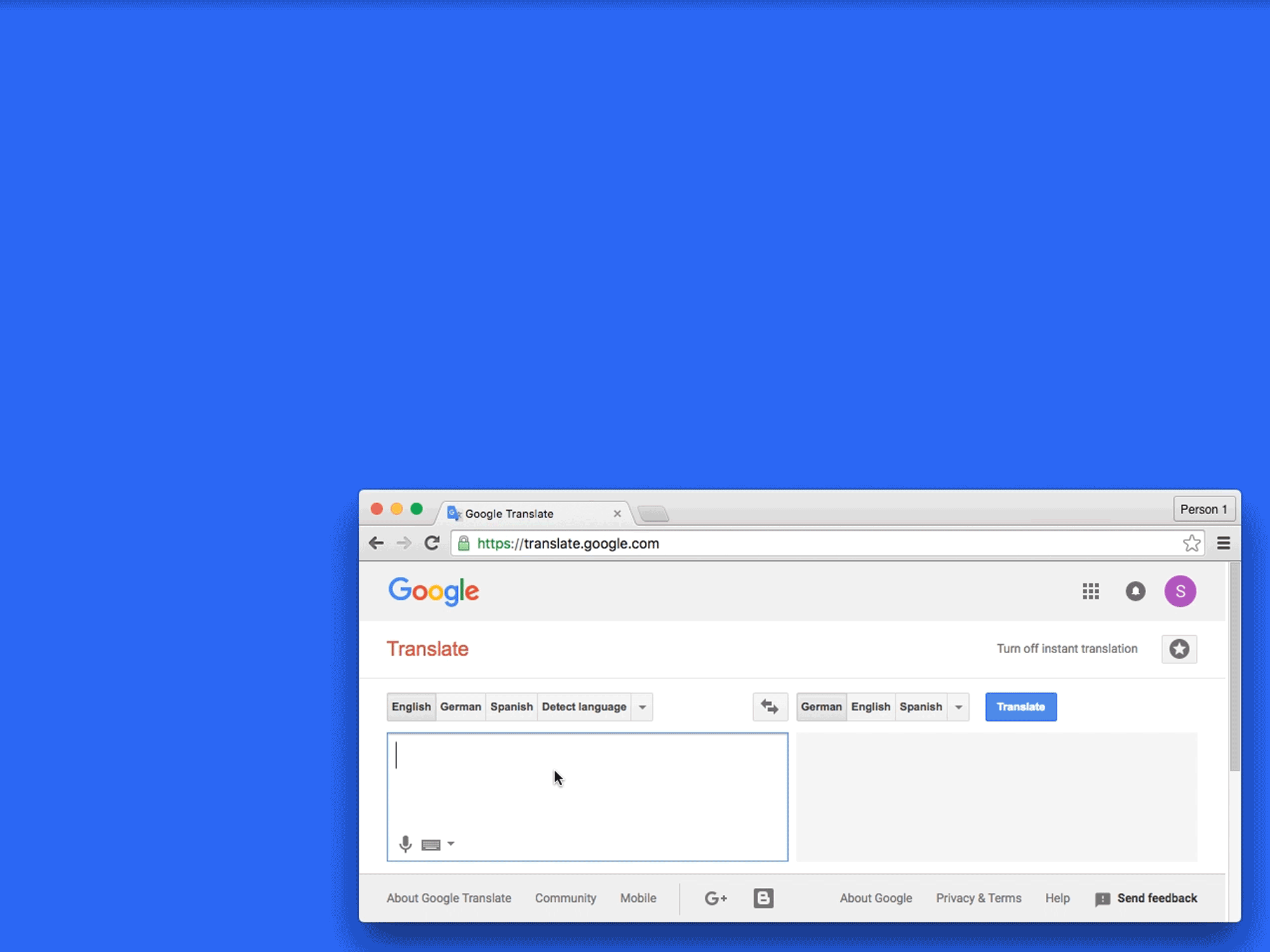 Graphics by Simone Robert
Graphics by Simone Robert
Because of my German lessons, I also know that the proper, polite response is “ich komme aus Kanada” (which is basically what it sounds like). I’m faced with the question daily, when I trip over my tongue trying to tell someone that I speak the absolute bare minimum of German. When the question posed is paired with a lecherous, misogynistic smile, though, excited at the prospect of fresh meat, what’s the right answer?
Living as a young woman under the patriarchy in a foreign country where you don’t speak the language is a whole different story.
I walk around Weimar essentially oblivious to my audio-surroundings everyday because I literally have no idea what anyone’s saying about anything. It doesn’t work so well when I pass a group of men and the only audio that I can make out is a familiar whistle, accompanied with a string of words in a less familiar German accent. In Toronto, street-harassment doesn’t not scare or frustrate me, but I’ve amassed a number of techniques to mediate conflict (not least being the ‘stuff your earbuds in and keep your eyes focused on your phone approach). I’ve mastered the “glare silently” deal. I’m working on embodying my inner Beyonce ‘Sorry’ #vibes (“middle fingers up, wave ’em in the sky; put ’em in his face, tell him boy bye”).
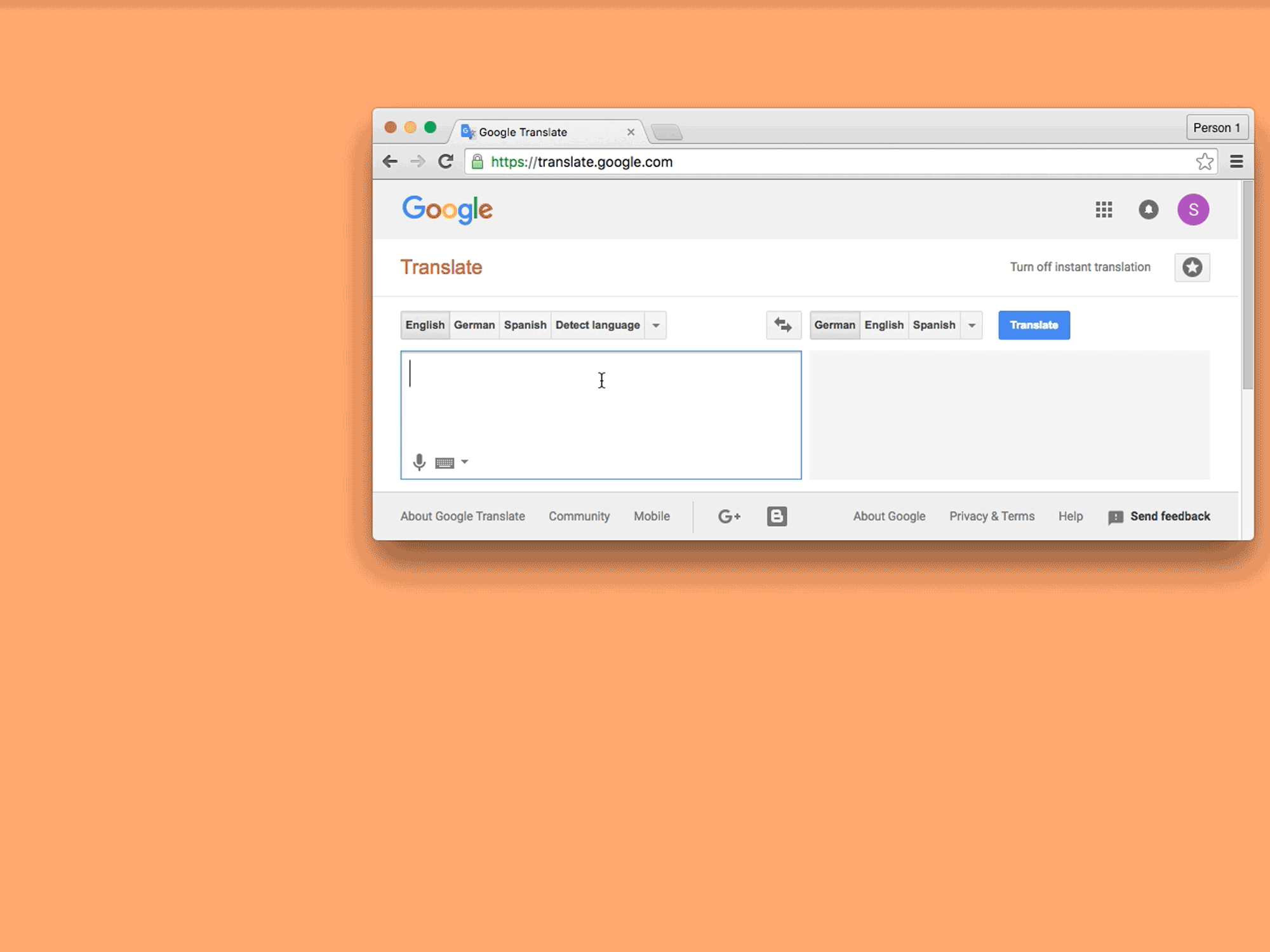
Daily, I am faced with groups of men sitting in the market-square with beers in their hands (it’s legal to drink in public in Germany). I can’t tell whether they’re talking about last night’s football game, or the shape of my bare legs. It’s all the same when you don’t speak the language. Is anything they’re saying directed at me?
Other times, they wear their misogyny like a badge, and gesture lewdly. No matter what, my anxiety forms a lump in my throat and my pace quickens.
I realize that I’m the lucky one. Speaking English as your first language is the best case scenario, second only to German. I’m able to speak to most shopkeepers, bureaucratic office workers, and sexist men on the street in slow, simple English. When your native language is Italian, Arabic, or Korean, what options are you left with? I’m lucky to be met with only sexist remarks on the street, privileged by my white skin, I know my friends of colour here have dealt with much, much worse. Whether it’s in the form of micro-aggressive comments in class, or a blatantly sexist and racist comment in the street, the injustice that my various international friends face on a daily basis is much greater than my struggle.
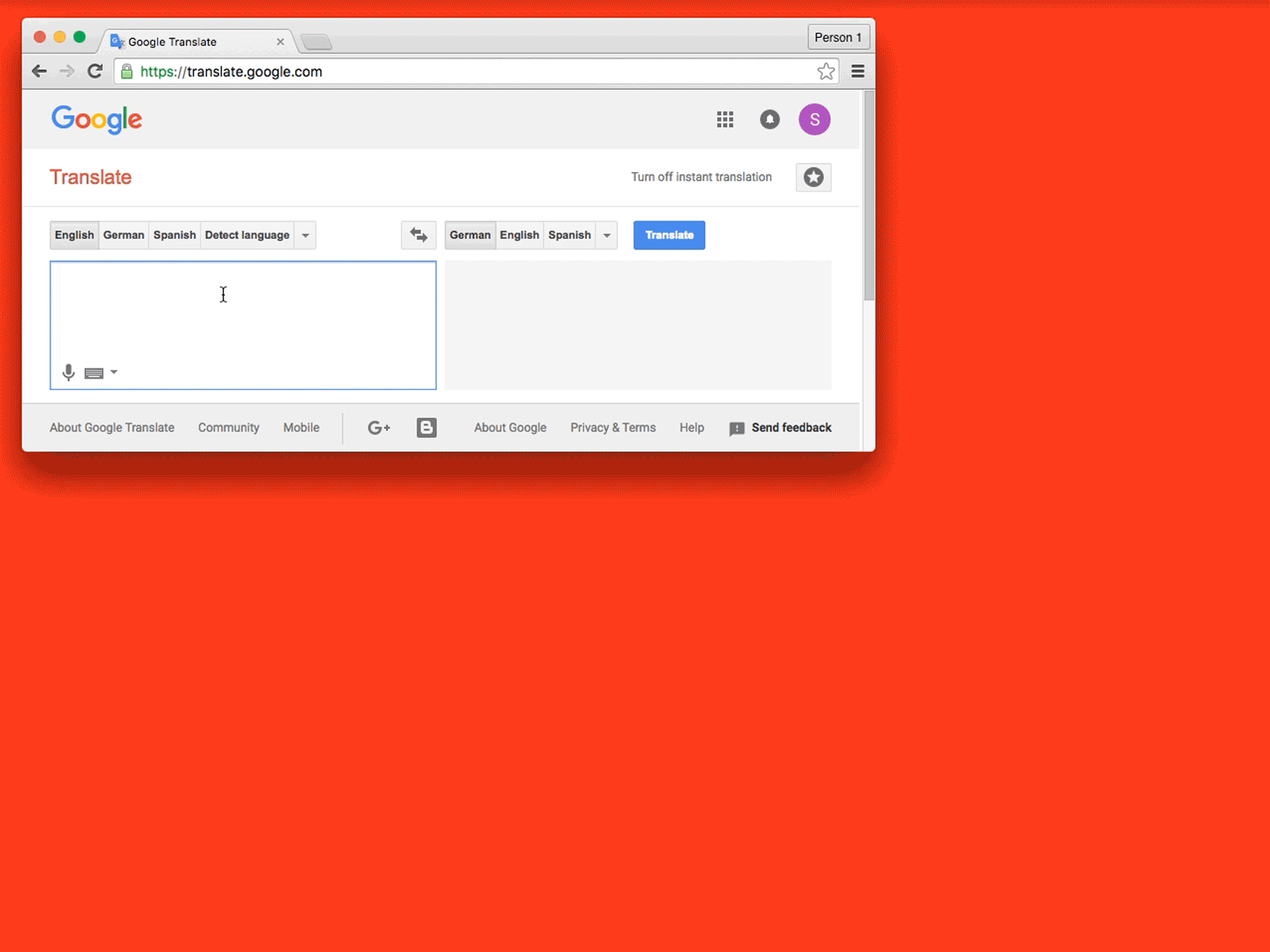
The English language is my security blanket when faced with street-harassment in Toronto. If I choose to yell “go fuck yourself” in response to a man on the street, I can feel confident that he’ll understand it (although his retention of the statement may be clouded by his apparent sexism). I doubt I would feel the same level of quasi-confidence if I was simultaneously being berated with comments about my race, gender identity, and sexuality. My anxiety crawls up my throat when I pass groups of men at night in Germany, who could be discussing literally anything — but how am I to know? Living in a foreign language is my everyday, but only for six months, not my entire life. I clutch the English language to my chest, thinking of better days in Toronto, a semi-Stockholm Syndrome-esque longing. Ultimately, my safety and anxiety leads me to ask: Should I buy pepper spray?









